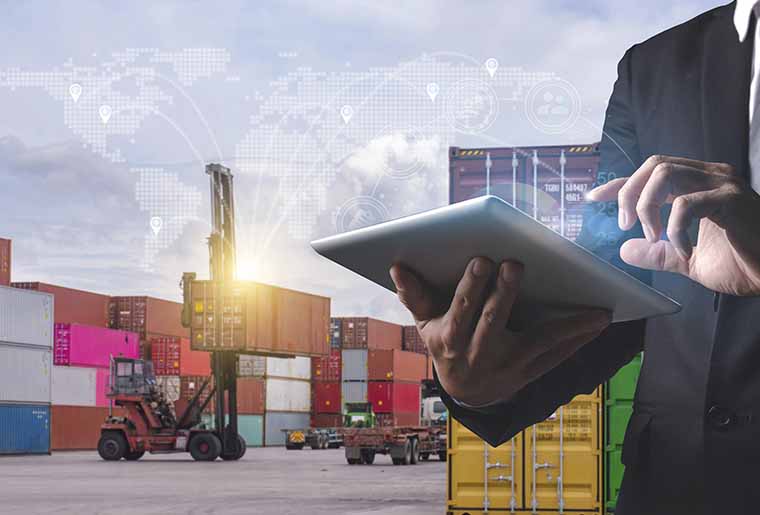Global supply chains face increasingly complex challenges every day. From geopolitical and trade risks to market demands for transparency and sustainability, companies must adapt quickly. The COVID-19 pandemic magnified many of these issues — including shipping delays, material shortages, and rising operational costs. Add inflation, economic instability, and cyber threats, and the need for integrated logistics services becomes essential.
In this post, we explore the major global logistics challenges and how integrated logistics services can streamline international operations and drive sustainable success.
Main Challenges of Global Supply Chains
Companies operating internationally must overcome a wide range of barriers. Below are some of the most pressing:
- Geopolitical and trade risks: Conflicts, political instability, and changing government regulations can severely disrupt supply routes.
- Trade barriers: Tariffs, quotas, and complex customs regulations increase costs and slow down trade.
- Lack of visibility: Poor tracking of goods in transit makes problem-solving and decision-making difficult.
- Inflation and rising costs: Fuel price volatility, raw material shortages, and inflation drive up logistics expenses.
- Labor shortages: A lack of skilled workers impacts productivity and service quality.
- Shipping delays: Long lead times and supply chain congestion create risk and dissatisfaction.
- Sustainability pressures: Consumers and governments demand environmentally and socially responsible practices.
- Digital transformation challenges: Implementing new technologies requires investment, change management, and staff training.
- Resistance to change: Inertia in adopting new systems delays improvements and reduces competitiveness.
- Regulatory compliance: Companies must meet growing ESG and labor regulation standards.
Integrated Logistics Services: Key Solutions to Streamline Supply Chains
To address these challenges, integrated logistics services offer a holistic approach, combining advanced technologies, optimized transport, real-time visibility, and strategic partnerships. Below are some of the core components:
Automation and Digitalization
- Warehouse automation: Robots and AGVs streamline inventory handling and reduce human error.
- SCM software: Enables real-time planning, execution, and control of logistics processes.
- Blockchain: Increases transparency and traceability, minimizing fraud and misrouting.
- AI and machine learning: Improve demand forecasting, inventory control, and delivery performance.
Supplier Diversification
- Multi-sourcing strategy: Avoid over-reliance on a single supplier or region.
- Nearshoring and reshoring: Bring production closer to consumption hubs, reducing lead times and transportation costs.
Transportation and Logistics Optimization
- Multimodal transport: Combine road, sea, and air efficiently to optimize delivery performance.
- Route planning tools: Lower fuel use, cut travel time, and reduce environmental impact.
- Smart warehousing: Ensure availability and cost efficiency through advanced inventory systems.
Collaboration and Visibility
- Data sharing: Real-time collaboration among suppliers, manufacturers, and customers boosts responsiveness.
- End-to-end visibility: Integrated logistics platforms offer full tracking from origin to destination.
- Have tools that allow real-time tracking of products throughout the supply chain, from origin to destination, to improve transparency and responsiveness. Efficient customs brokerage services in international trade also play a key role in ensuring smooth border crossings and compliance.
Other Strategic Measures
- Inventory optimization: Adopt hybrid models like just-in-time and just-in-case for resilience.
- Third-party logistics (3PL): Outsourcing warehousing, transport, or fulfillment to specialized providers.
- Flexible supply chain models: Rapid response systems help mitigate disruption and maintain service levels.
Partnering with a Reliable Provider of Integrated Logistics Services
With us, your company will overcome the obstacles of international trade and be able to transform these challenges into opportunities for sustained growth and greater competitiveness. Learn more about order fulfillment strategies for global logistics that help companies stay competitive in cross-border markets.
Our goal is to help your business overcome global logistics hurdles, optimize operations, and seize new market opportunities with a sustainable and scalable approach.




